“Tiny but Mighty: Black Sesame Seeds and their Big Impact on Health”
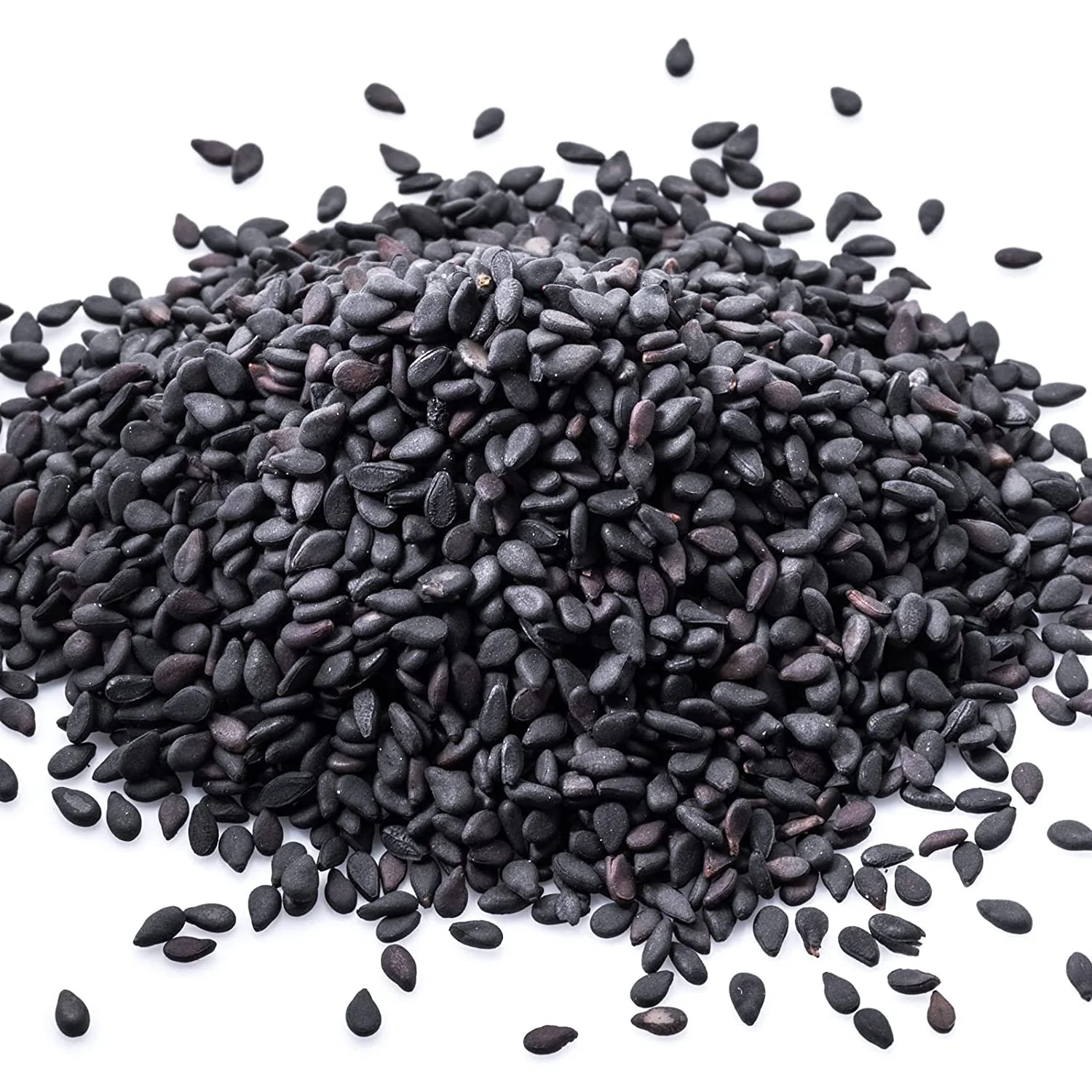
Introduction:
Brief Overview of Black Sesame Seeds:
Black sesame seeds also known as “til” or “thill,” , derived from the plant Sesamum indicum, are small, flat seeds known for their distinct dark color and rich, nutty flavor. These tiny seeds have a long history of use in various cuisines and traditional medicine practices. With their unique appearance and cultural significance, black sesame seeds have found their way into a variety of dishes, both for their taste and potential health benefits.
In this blog post to uncover the reasons behind the powerful health claims associated with black sesame seeds.
Origins of Black Sesame Seeds:
Black sesame seeds have a rich history that dates back thousands of years. Originally cultivated in India and Africa, they have been a staple in various regional cuisines. The seeds are believed to have been one of the first crops used for their oil content, and their cultivation spread along ancient trade routes.
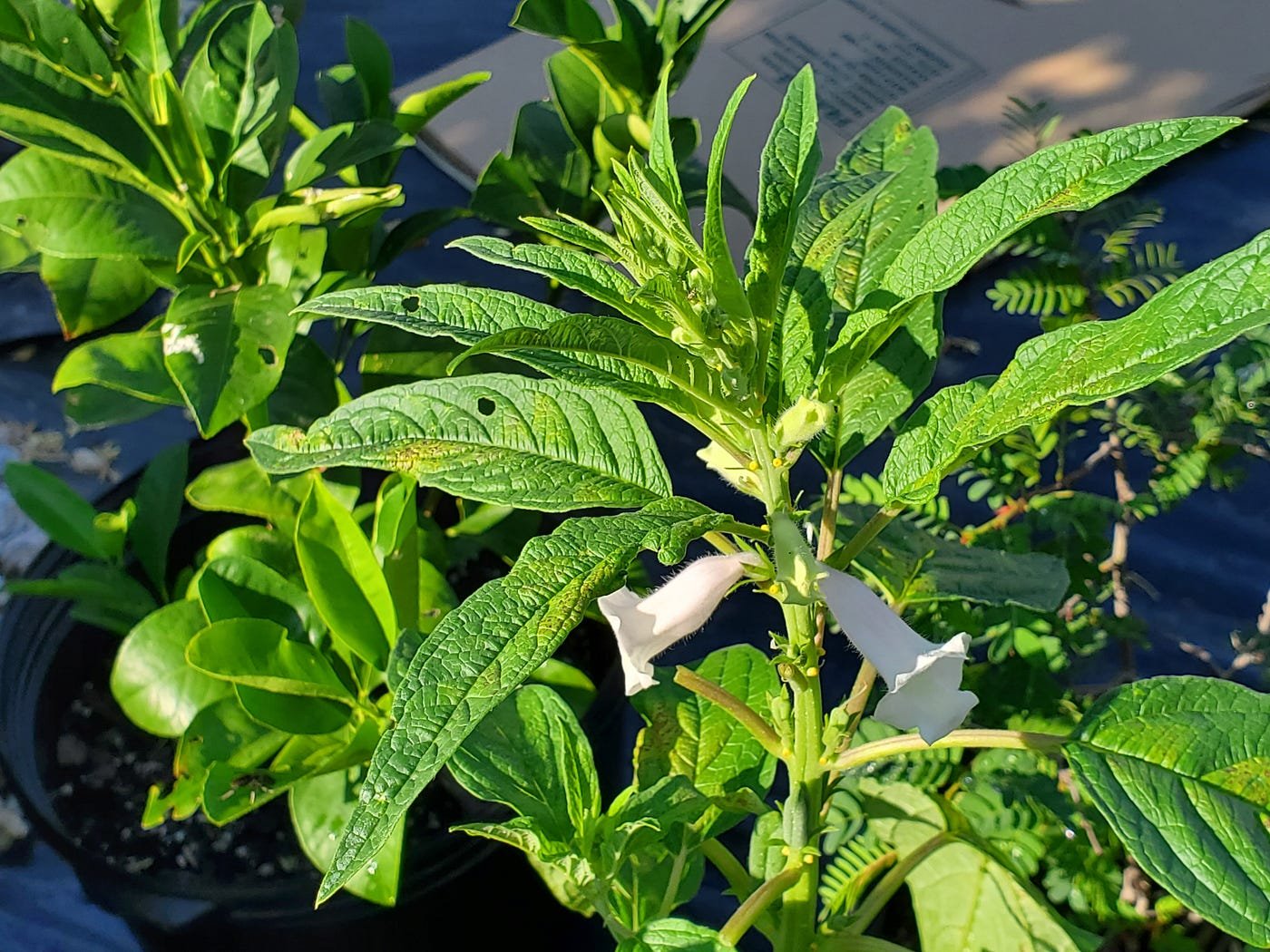
Historical Uses in Traditional Medicine and Culinary Practices:
Throughout history, black sesame seeds have played a crucial role in traditional medicine systems, including Ayurveda and traditional Chinese medicine. They were often recognized for their potential health benefits, ranging from promoting digestive health to providing energy. Additionally, black sesame seeds were prized for their culinary versatility, used in a wide array of dishes, desserts, and beverages.
Black Sesame seeds: Nutritional Powerhouse
These tiny black sesame seeds are packed with essential nutrients, including proteins, healthy fats, dietary fiber, vitamins, and minerals. Highlight the specific amounts of key nutrients per serving, emphasizing the nutritional density that makes black sesame seeds a valuable addition to a balanced diet.
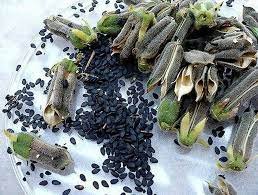
Highlighting Key Nutrients:
Protein:
Black sesame seeds are a good source of plant-based protein, making them an excellent option for vegetarians and vegans.
Healthy Fats:
They contain heart-healthy monounsaturated and polyunsaturated fats, including omega-3 and omega-6 fatty acids.
Dietary Fiber:
Black sesame seeds contribute to daily fiber intake, aiding in digestion and supporting gut health.
Vitamins and Minerals:
Rich in important vitamins such as B-complex vitamins (including folate) and minerals like calcium, iron, magnesium, and zinc.
The Benefits of black Sesame Seeds:
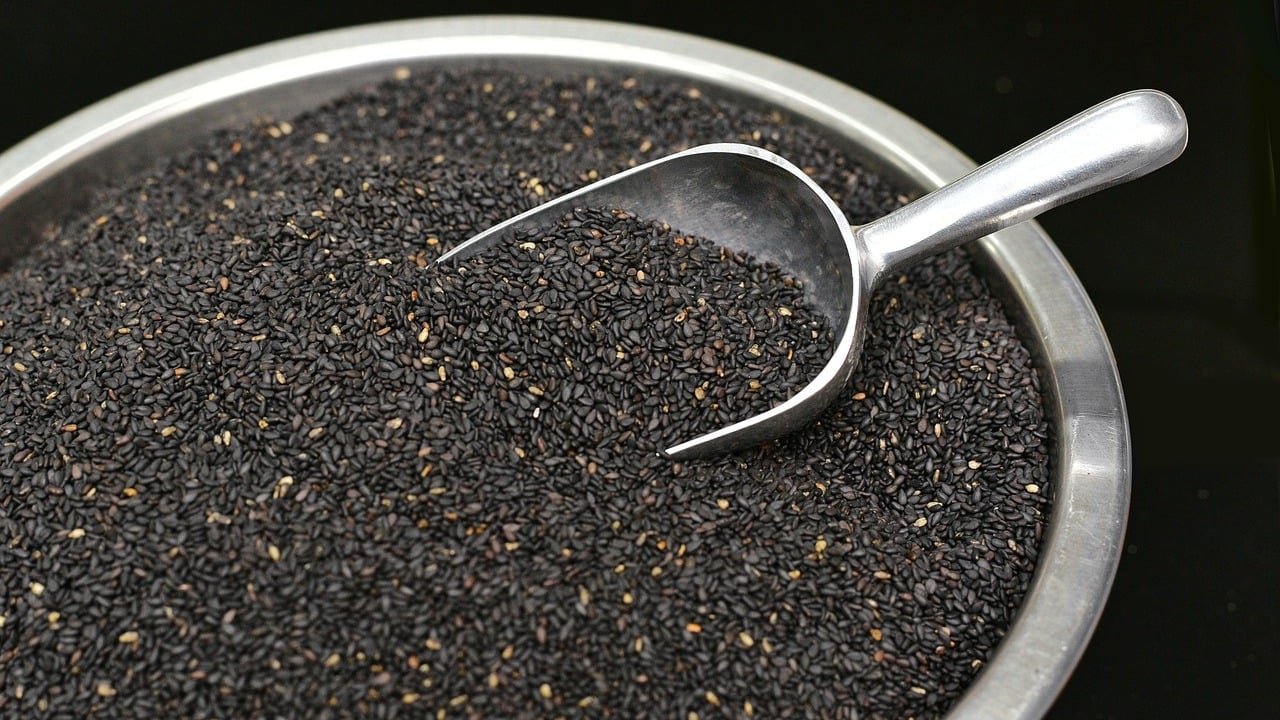
1. Rejuvenation and Strength:
Black Sesame seeds exhibit rejuvenating qualities, enhancing physical strength with their calcium-rich composition, fortifying bones, muscles, and joints. They serve as an invaluable plant-based protein source, especially beneficial for vegetarians.
2. Digestive Health:
3. Neuroprotective Properties:
Black Sesame seeds contain phenolics like lignans, boasting high antioxidant properties. These compounds may help prevent neurodegenerative diseases, offering a shield against oxidative stress associated with conditions such as Alzheimer’s.
4. Heart Health and Osteoporosis Prevention:
The monounsaturated and polyunsaturated fats in black sesame seeds support heart health by maintaining cholesterol levels. Additionally, phytoestrogens, including glycanin, may reduce the risk of osteoporosis, a crucial concern in aging individuals.
5. Enhancing Appearance:
black Sesame seeds contribute to improved skin and hair health. Vitamin E and oil in these seeds aid in repairing damaged cells, enhancing skin texture. Chewing sesame seeds is also beneficial for maintaining healthy teeth and gums.
6. Antioxidant Properties and Free Radical Defense:
Black sesame seeds are rich in antioxidants, such as sesamol and sesamin. These compounds help neutralize free radicals in the body, protecting cells from oxidative stress and inflammation.
Reduced oxidative stress is associated with a lower risk of chronic diseases, including cardiovascular diseases and certain types of cancer.
7. Potential Weight Management Support:
The combination of dietary fiber, healthy fats, and protein can contribute to a feeling of fullness and support weight management. Black sesame seeds may play a role in controlling appetite and promoting a healthy weight.
Culinary Versatility and Healthy Recipes:
Black Sesame seeds, available in various forms – seeds, powder, paste, and oil – can be incorporated into a plethora of delightful recipes. Here are a few healthy suggestions:
1. Sesame-based Ladoo:

Roast sesame seeds until light brown.
Blend dates and milk to form a thick paste.
Mix sesame seed-date paste with ghee, roll into small balls – enjoy these nutritious ladoos.
2. Sesame Pancake:

Mix oat flour, sesame seed paste, jaggery powder, baking powder, curd, and salt.
Add milk gradually to achieve a pancake batter consistency.
Cook pancakes on a low flame and drizzle with honey before serving.
3. Sesame Seed Chutney:

Blend roasted sesame seeds, peanuts, fresh coconut, red bell pepper, tamarind, and salt.
Serve this flavorful chutney with paratha.
Words of Caution and Ayurvedic Rituals:
While black sesame seeds offers many benefits, moderation is key. Excessive consumption can lead to issues like hiccups and breathing difficulties. Those with sesame seed allergies should exercise caution.
White vs. Black Sesame seed
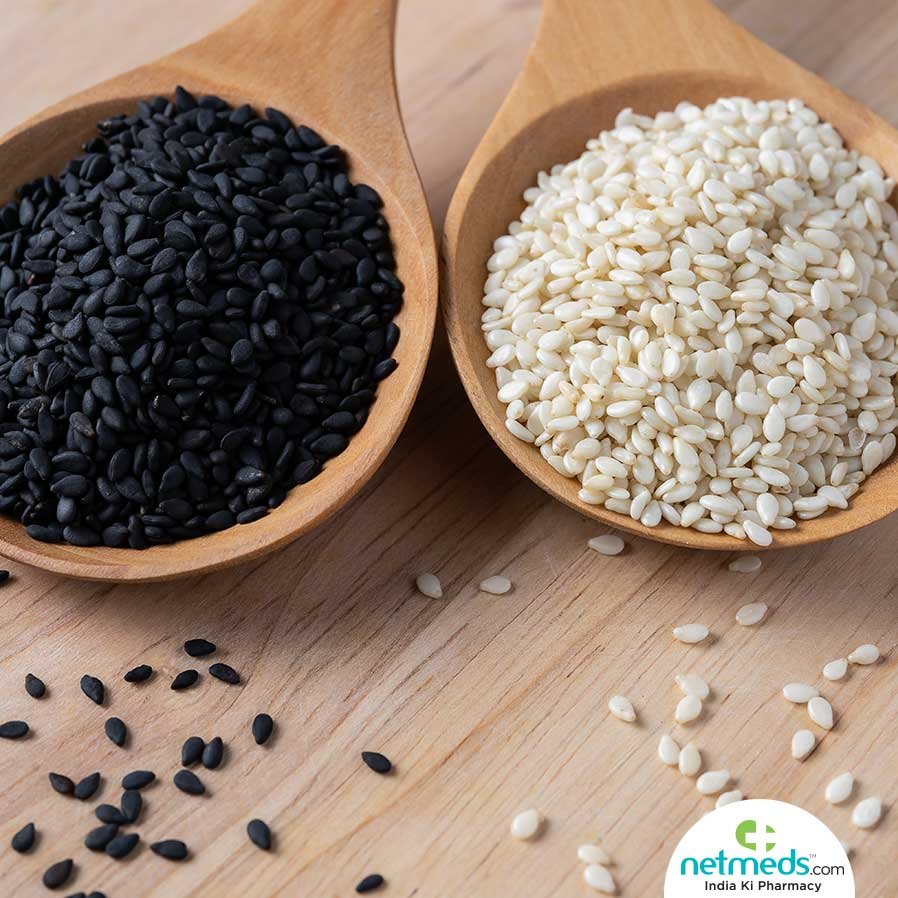
Upon closer inspection, the similarities between these seeds become evident not only in their appearances but also in their properties and nutrients. Both white and black sesame seeds, standing side by side, share commonalities that span centuries. It’s worth noting that nature also offers variations, presenting brown and pale-colored sesame seeds as part of this diverse seed family.
White Sesame Seeds: A Western and Arabian Favorite:
Transitioning into the distinctive qualities of white sesame seeds, these seeds take center stage in Western and Arabian countries. Renowned for their pristine white color, white sesame seeds enjoy popularity as oil seeds. Beyond oil extraction, these seeds find their way into various culinary creations. Whether raw, roasted, or as part of spice blends, white sesame seeds elevate the flavors of salads, breakfast cereals, baking goods, bread, and sauces.
Notably, the beloved Tahini sauce, a staple in Eastern Mediterranean and Arabian cuisines, owes its existence to the humble white sesame seeds. Additionally, white sesame seeds are integral to the creation of munching delights, snacks, and sweet treats, especially during the winter season. In modern times, Sesame milk has emerged as a trendy alternative gaining popularity.
Black Sesame Seeds: Culinary and Ritualistic Marvels:
Turning our attention to black sesame seeds, these seeds hold a distinct place in both culinary traditions and rituals. Utilized in Vedic rituals and prominent in northeastern and southeastern countries such as China, Japan, Korea, and Vietnam, black sesame seeds and their oil contribute depth and flavor to a myriad of dishes. Beyond cooking and frying, black sesame seeds are transformed into pastes and sauces, showcasing their versatility in the culinary world.
Medicinal Properties and Health Benefits:
Both white and black sesame seeds share commendable medicinal properties. Laden with nutrients, these seeds boast anti-cancer properties and offer skin benefits. Remarkably, individuals with diabetes can safely incorporate sesame seeds into their diets, further expanding the spectrum of health benefits associated with these tiny yet powerful seeds. if you wants to know more about seeds please check out this link about carom seeds.
Conclusion
In conclusion, aging gracefully involves not just the passage of time but also a conscious effort to nurture our bodies. black Sesame seeds, with their holistic benefits and culinary versatility, stand as a testament to the potential of natural ingredients in promoting health and well-being. As we age, let us embrace the wisdom and the richness of sesame seeds to lead lives filled with strength, stamina, and enthusiasm.





























Discussion about this post